Ho Chi Minh City detects case of JN.1 sub-variant
On the morning of January 24, in Hanoi, the Ministry of Health held an online conference to deploy epidemic prevention work in 2024.
As soon as there was information about the discovery of a new sub-variant of the SARS-CoV-2 virus in Ho Chi Minh City, the leaders of the Ministry of Health asked Ho Chi Minh City to report.
Ms. Le Hong Nga, Deputy Director of the Ho Chi Minh City Center for Disease Control, said that through the city's infectious disease surveillance system, the JN.1 sub-variant of SARS-CoV-2 was detected in patients hospitalized in December 2023 in the area.

The JN.1 sub-variant is increasing rapidly globally (Photo: Health).
Dr. Hoang Minh Duc, Deputy Director in charge of the Department of Preventive Medicine, Ministry of Health, added that WHO classified this variant as a variant of concern. According to WHO's assessment, there is currently no evidence that the variant's virulence has increased, although the number of cases has shown signs of increasing.
"We must not be subjective but we should not be too panicked or worried," Dr. Duc emphasized.
In the first 2 weeks of 2024, our country recorded 419 cases and hospitalizations scattered in 39 provinces and cities. The number of cases increased 2.4 times compared to the previous 2 weeks, the number of hospitalizations increased but there were no severe cases, the treatment system is still responding effectively.
Covid-19 immunity wanes over time
In Vietnam, in addition to preventing the Covid-19 epidemic, we also have to face new and re-emerging diseases such as hand, foot and mouth disease, monkeypox, and dengue fever. This is a big burden for disease prevention work.
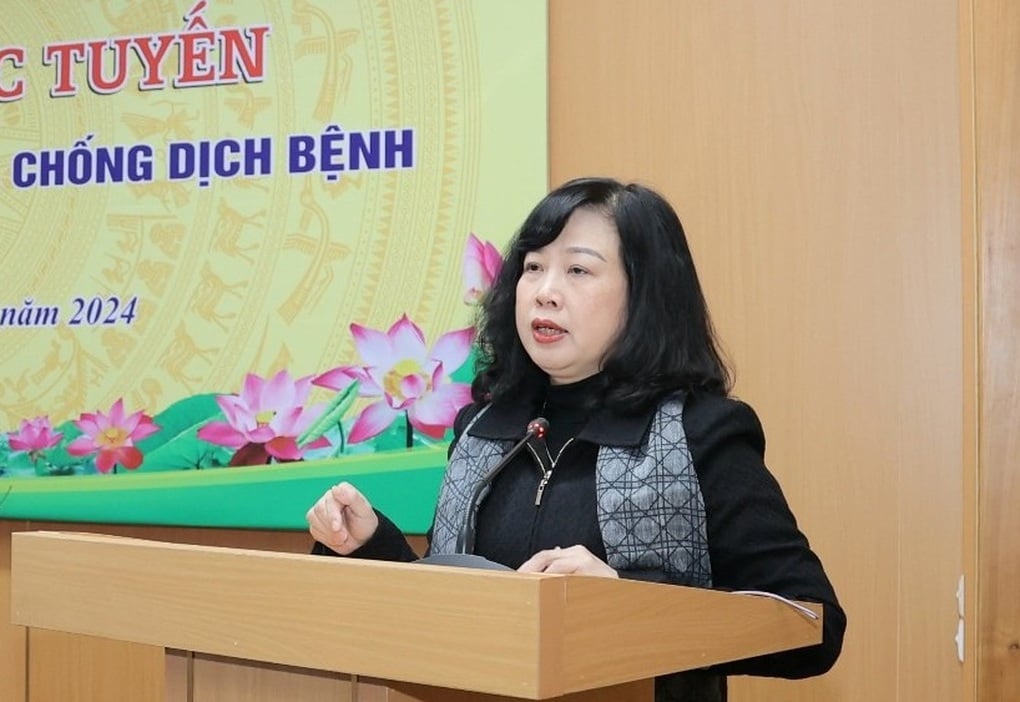
Minister of Health Dao Hong Lan speaks at the conference (Photo: Tran Minh).
Meanwhile, immune response due to illness or vaccination gradually decreases over time. The SARS-CoV-2 virus is constantly changing, most recently the JN.1 variant is increasing rapidly globally," said Minister Lan.
According to the Minister, respiratory diseases and seasonal flu also occur frequently at the end of the year. Hanoi has also recently recorded an increase in patients with influenza A and influenza B.
During the upcoming Tet holiday, the demand for trade and tourism is increasing. At the same time, this is also the time when the weather is harsh and erratic. These are factors that increase respiratory diseases, especially in the elderly, people with chronic diseases, children, etc.
"On the one hand, we are not worried or afraid, but we must be proactive in disease prevention to ensure a safe Tet holiday, as well as proactive and effective disease prevention in 2024," Minister Lan emphasized.
Dr. Duc also assessed that the epidemic situation is unstable and unpredictable, always posing the risk of outbreaks, new dangerous infectious diseases continue to appear, new strains, and pathogens are constantly changing.
Meanwhile, the work of assessing and forecasting the epidemic situation is still limited; there is a lack of information and data to support analysis, assessment and warning of the epidemic.
Vaccination rates in some places are still low, not meeting the set progress, especially in remote areas, areas where ethnic minorities live; immunity decreases over time. Procurement, bidding... are still difficult, leading to a shortage of vaccines and biological products at some times; some financial regulations have no guidance or are not specific.
Source


![[Photo] Close-up of Vietnam's sniffer dog team searching for earthquake victims in Myanmar](https://vstatic.vietnam.vn/vietnam/resource/IMAGE/2025/4/1/d4949a0510ba40af93a15359b5450df2)


![[Photo] Relatives of victims of the earthquake in Myanmar were moved and grateful to the rescue team of the Vietnamese Ministry of National Defense.](https://vstatic.vietnam.vn/vietnam/resource/IMAGE/2025/4/2/aa6a37e9b59543dfb0ddc7f44162a7a7)

![[Photo] Third meeting of the Organizing Subcommittee serving the 14th National Party Congress](https://vstatic.vietnam.vn/vietnam/resource/IMAGE/2025/4/2/3f342a185e714df58aad8c0fc08e4af2)


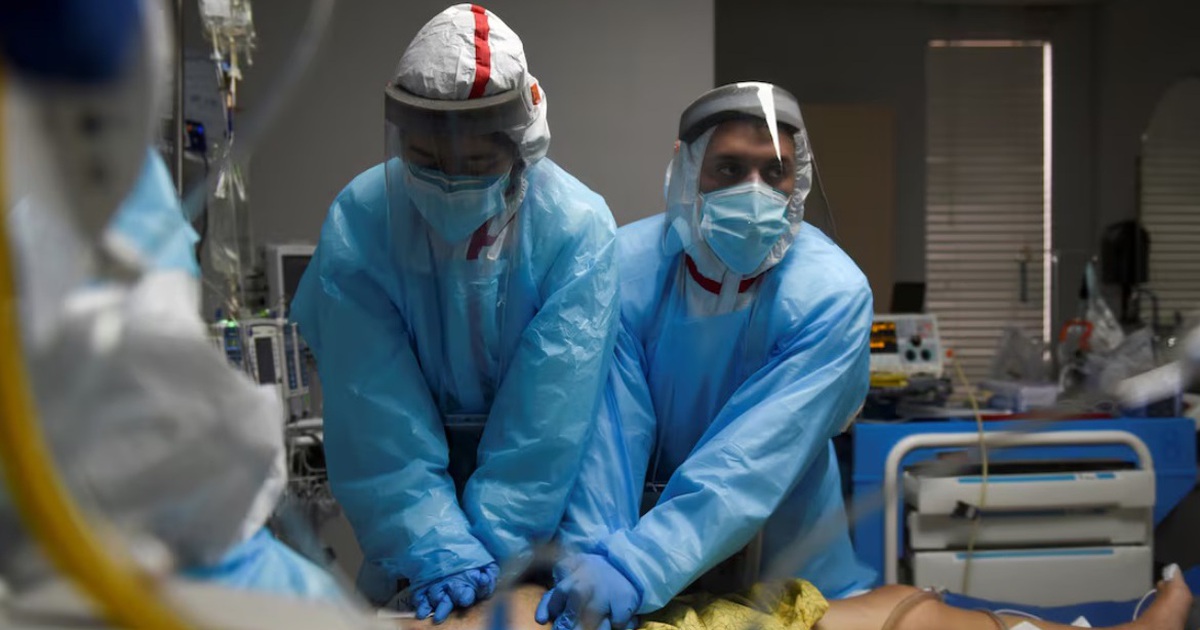

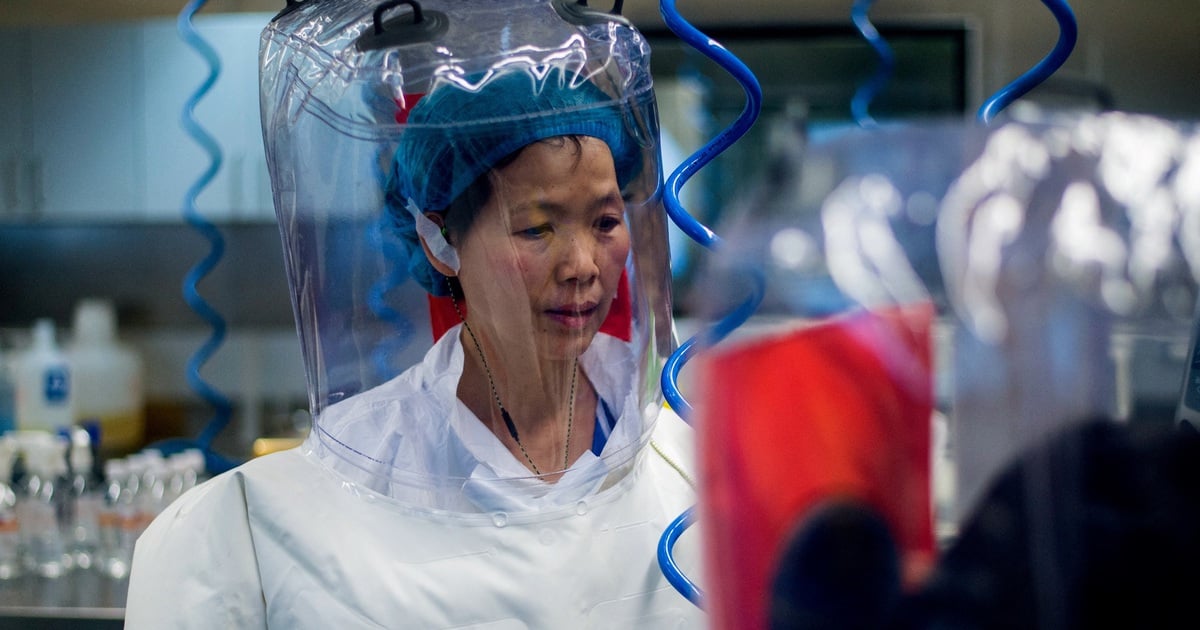

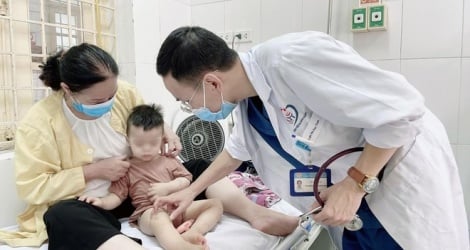

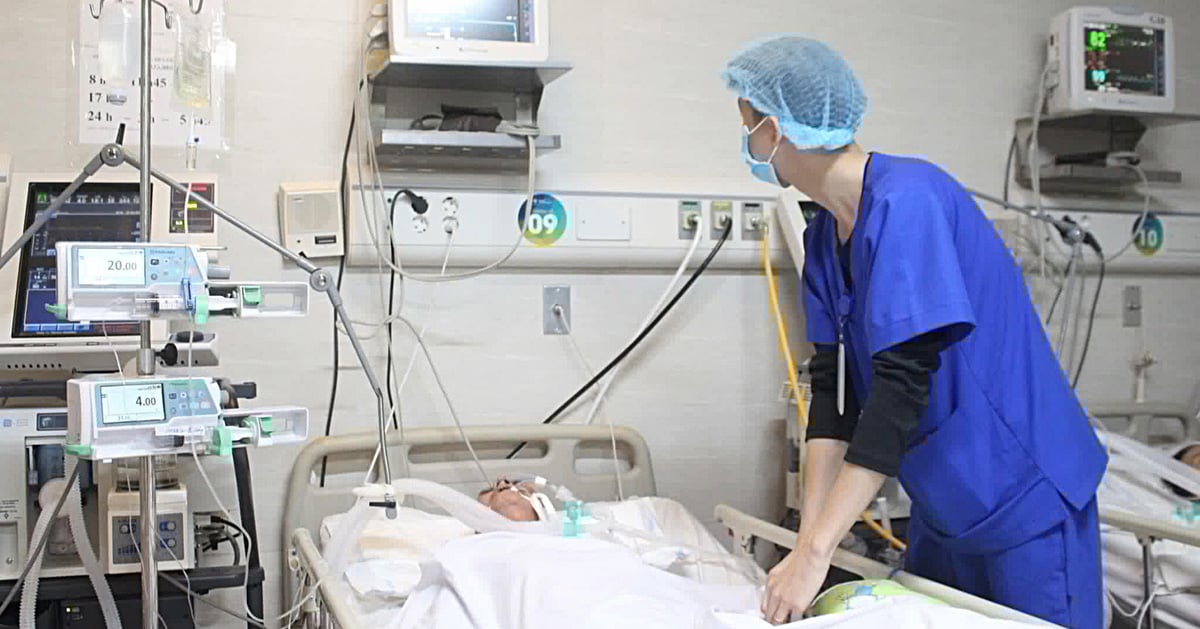










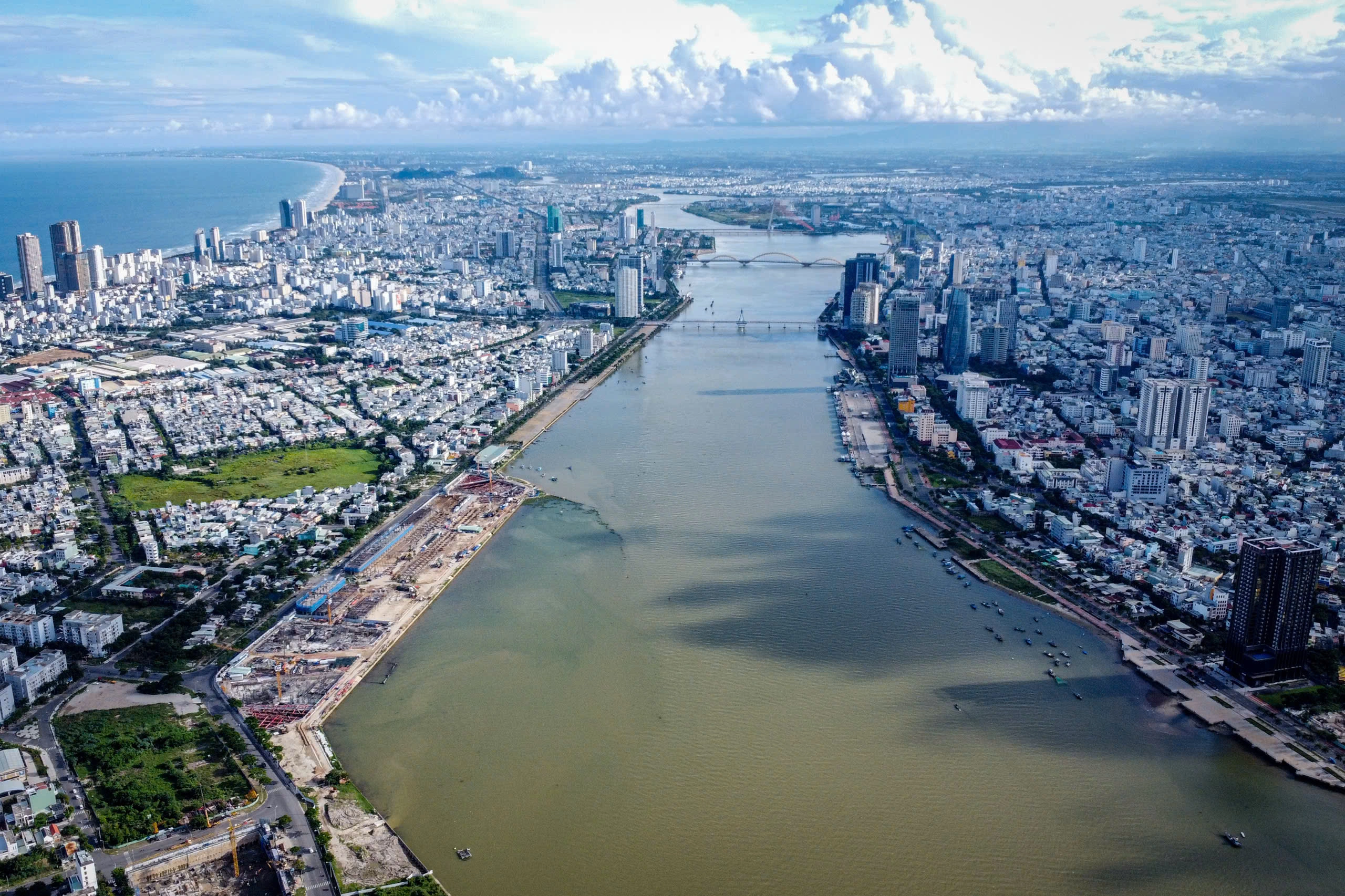













































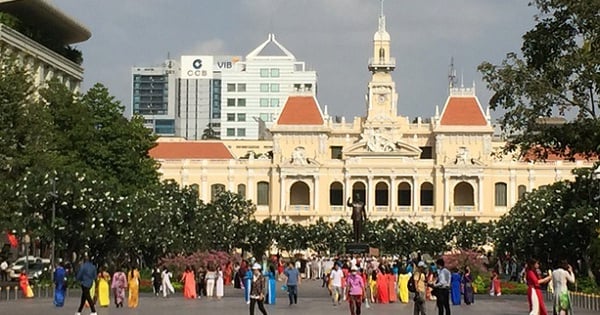





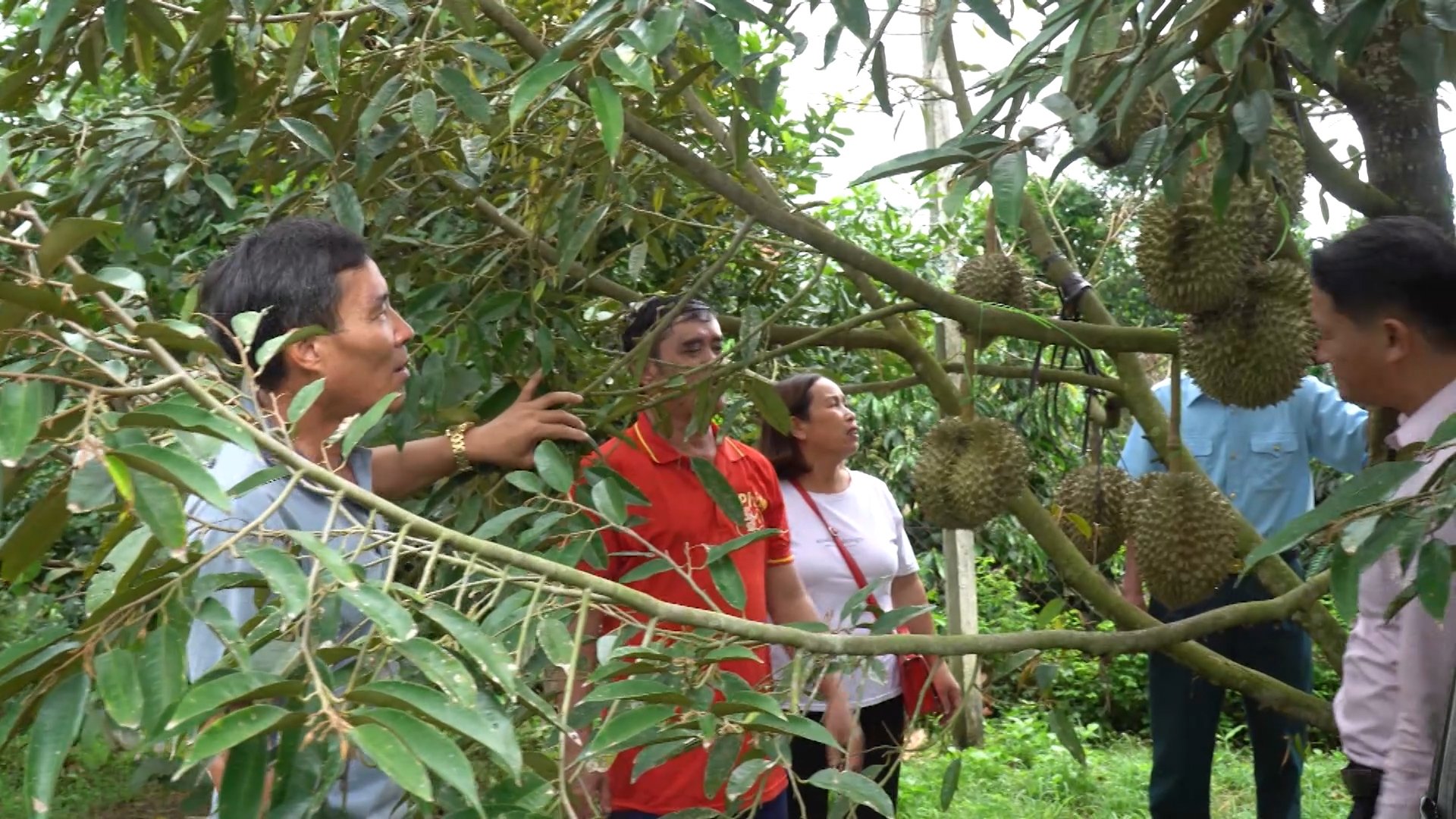

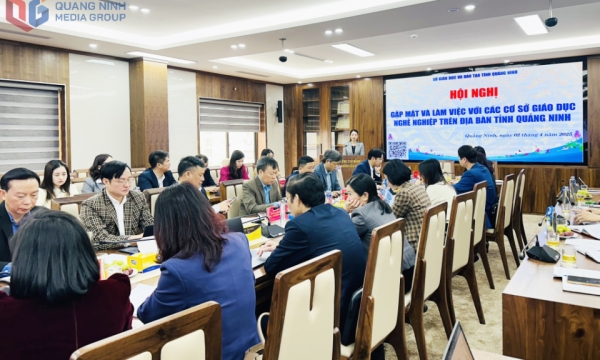













Comment (0)